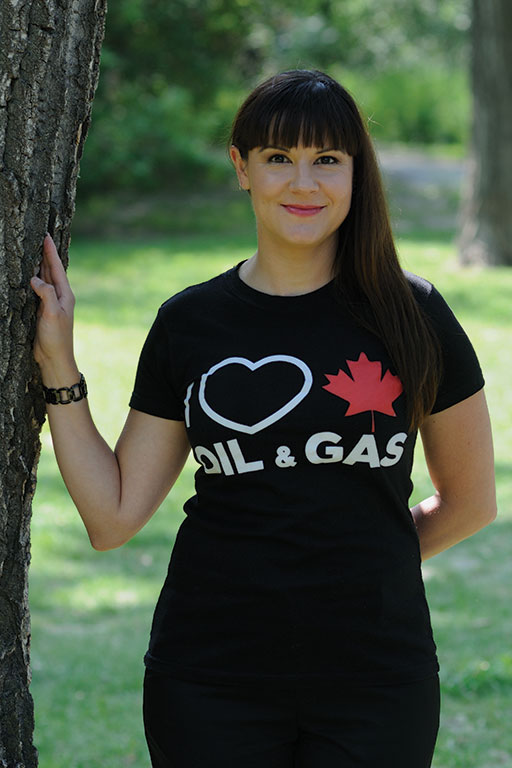What Does Reconciliation Mean?
Unfortunately No One-Size-Fits-All Solution

By Deidra Garyk
Reconciliation. That’s a big word that’s often thrown about rather conspicuously by people to appear ‘woke’ and compassionate. The #shutdowncanada blockades in February 2020, in support of the Wet’suwet’en hereditary chiefs who oppose the Coastal Gaslink Pipeline, gave many people across Canada an opportunity to reflect on what reconciliation means to them.
“A job gives a reason to wake up every morning and look forward to a productive day ahead.”
The protesters blocked access to the B.C. Legislature, Vancouver ports, and rail lines across the country, causing Via Rail Canada and Canadian National Railway Co. to halt train service and issue temporary layoff notices to workers. There were injunctions issued against the blockades, but they were ignored. Some arrests were made, but law enforcement seemed fearful of fully enforcing the court orders and allowed the blockades to remain in place. I suppose this is why the disruptors weren’t afraid of negative consequences. In fact, it gave them more ammunition and energy to continue their fight as well as increase donations to their organizations.
But what were the protesters really fighting for?
Many of the protesters weren’t from the Wet’sewet’en Nation. It was quietly reported that some protesters were being bused in from the USA. Many didn’t even know what they were protesting against. Some said the Coastal Gaslink pipeline is going to transport crude oil from the Alberta Oil Sands. It’s not. It’s going to transport natural gas from British Columbia to the least emissions-intensive liquefied natural gas facility on the planet.
A number of prominent members of the Wet’suwet’en Nation and the other Nations along the pipeline route have courageously conducted on-camera interviews or written articles in support of the pipeline. Unfortunately, their voices are not being heard above the roar of the outside activists who are speaking on their behalf. With the mainstream media often focused on the disruptive protesters, there isn’t enough air time to cover the story in-depth and present the views of the many Indigenous people who support oil and gas development. Yet, supporters continue to speak out because they’re staying true to their principles, and they’ll experience the effects of resource projects on their community long after the protesters have left.
So, is any of this reconciliation, and will it make a positive, long-term impact on the lives of Aboriginal peoples in Canada? I don’t know.
What I do know is that we need to talk to the people with whom we’re supposed to be reconciled to find out what it means to them and what will benefit them now and into the future.
The natural resources sector did just that when they moved the reconciliation conversation forward in partnership with Indigenous peoples by hosting the “Finding the Path to Shared Prosperity” conference in Vancouver in January 2020. This was a historic gathering of energy industry representatives, government, and Indigenous peoples who met to discuss UNDRIP – the United Nations Declaration on the Rights of Indigenous Peoples – and how First Nations can be active participants in resource development on their territories. The conference was a success because it was collaborative and inclusive.
The conference also proved that there is an opportunity and desire for economic reconciliation. This is where the oil and gas sector has been punching above its weight for the last number of years because it has been working with First Nations for decades to the benefit of everyone involved.
First Nations and Metis communities that have benefited from resource projects are prosperous because their people have opportunities to find jobs or create their own businesses. This is important because a job gives a sense of purpose, pride, and belonging. A job gives a reason to wake up every morning and look forward to a productive day ahead. Doesn’t everyone deserve that opportunity?
Reconciliation means different things to different people, so there isn’t one simple, sure-fire way to advance the interests of Indigenous peoples. It’s going to take collective, collaborative efforts, but it’s worth it because when everyone prospers, we all win. ABQ

